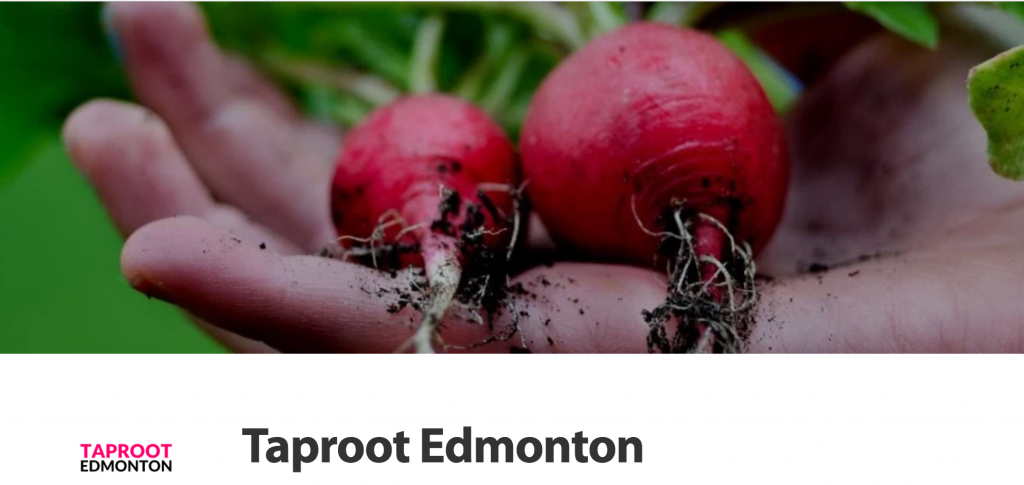Edmonton media outlet Taproot pays the writers
Karen Unland is appalled by publishers that don’t pay their freelancers. The co-founder of the brand new Edmonton media outlet Taproot says relying on unpaid writers is the sign of a broken business model.
“It just seems like if you can’t pay the people who are doing the work, it’s not a viable business,” she says.
Unland and her co-founder Mack Male started paying the writers who produce Taproot’s journalism right from the start.
“We’re not telling people ‘you’re writing for exposure’ or ‘help us get it going and eventually we’ll pay you’ or whatever line of BS people get fed. We’re building it with the idea that we’ve got to pay people from the beginning,” says Unland, who spent 14 years as a reporter and editor at the Edmonton Journal.
Unland and Male are trying to see if it’s possible to build a local media source from the ground up instead of just struggling to preserve legacy media. Taproot published its first story in September — a piece about a herd of deer that live and thrive in an industrial suburb of Edmonton.
The idea originated in Taproot’s so-called “story garden,” a forum where Taproot’s members can discuss stories they want to see investigated. Members pay $100 a year (or $10 per month) for access to the story garden, where they can suggest, vote on and comment on story ideas.
If an idea is popular, Unland and Male assign one of their freelancers — all of whom are also asked to become Taproot members — to do a little investigating and produce a fleshed-out pitch. They pay their freelancers $50 for these proposals. If they assign the story, the freelancer earns a further $450 for their work.
They’ve published three stories since their launch and have several more in the works. And Taproot doesn’t hide them behind a paywall.
“Our stories are for everybody to read because we think if a piece of journalism is good then the most people possible should read it,” says Unland.
The value proposition for members, she says, is that they can get their questions answered and be involved in funding local journalism. As the community grows and adds more paying members, they’ll eventually fund the whole Taproot apparatus — including Unland and Male, who aren’t currently getting paid for their work. They think that’s the way it should be.
“The first guy who gets paid is the guy who wrote the story, or the woman who wrote the story, because that’s what we’re doing here,” says Unland.
One of Taproot’s longterm goals is to find a way to pay journalists to have a beat, she says. As big media outlets continue to cut staff and budgets, she sees in-depth reporting being lost.
“How do you make it possible for somebody to follow an issue so closely that they can see stories that other people wouldn’t, that they have sources that other people don’t, that they can go deeper than someone just parachuting into an issue can?” she says. “I think that is probably, journalistically, one of the biggest things that we’ve got to figure out a way to fund.”
She notes that media innovators such as the National Observer, ProPublica and the Texas Tribune are finding new ways to do investigative journalism. These kinds of projects are inspiring, she says, and many more of them are needed.
“We think that a whole bunch of things are going to have to rise up in the wake of the institutions that used to provide local journalism,” she says. “And ours is one of those flowers blooming to replace what’s being lost.”
Unland says there are opportunities for freelancers in this new media landscape.
“You really are a super important part of the ecosystem, more so now than before,” she says.
But she urges freelancers to be smart about their own self-interest.
“You are an entrepreneur when you’re a freelancer and to me that means being very customer-focused and audience-focused,” she says. “But you can’t do the good you’re meant to do in the world if you don’t get paid.”




